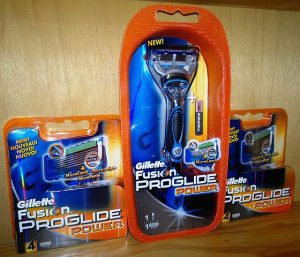Posted in Business Litigation, Corporate Law, Employment Law

The lawsuit, filed in Massachusetts state court, claims the ex-employees divulged trade secrets to their new employer, ShaveLogic, Inc., a Texas firm specializing in wet shaving, about future products they helped develop while at Gillette. The complaint alleges ShaveLogic, also a defendant in the case, used that information for successful patent applications on the products. ShaveLogic received a patent for a magnetic attachment for a blade cartridge that these ex-employees worked on while at Gillette, the company alleges.
The lawsuit states the four men signed agreements preventing them from sharing trade secrets or confidential information with another company. Gillette states the ex-employees also got severance packages and stock options that were supposed to preclude them from sharing confidential information. The complaint alleges ShaveLogic has hired and recruited other former Gillette employees to obtain trade secrets.
Gillette seeks an injunction to prevent the former employees from using Gillette’s information. The company didn’t provide monetary damages due to the alleged breaches of contracts at trial.
The Boston Business Journal received a statement from ShaveLogic denying the allegations. “ShaveLogic’s products are different from anything Gillette has on the market today. Every ShaveLogic invention has been created fully independently of so-called Gillette trade secrets, and all work was performed long after the expiration date of the former employees’ non-competition agreements.”
Which side is right or wrong is unknown at this point, but the point a business owner needs to take is that although non-disclosure and non-compete agreements with employees serve their purpose (making it clear to employees what is and is not permissible as far as what does and does not belong to the company) those agreements have little value unless they’re enforced.
If an employee thinks he or she can get away with selling your trade secrets, there’s a good chance that will happen. If a prior employee did the same and ended up being sued, the cost/benefit analysis by the employee may weigh heavily against disclosure.
If you would like to unfair competition by former employees or discuss non-compete agreements, their effect and how they’re enforced, contact my office so we can talk about your situation and how I can help.
